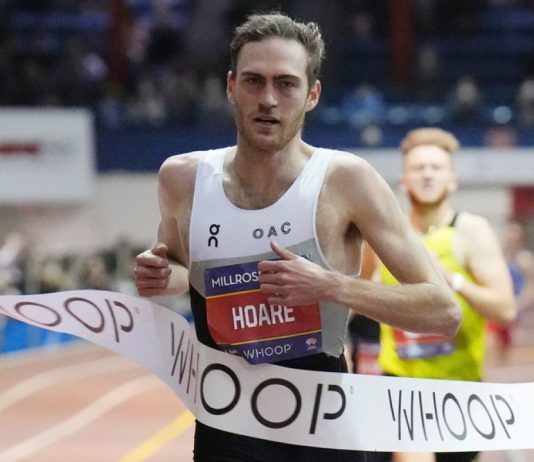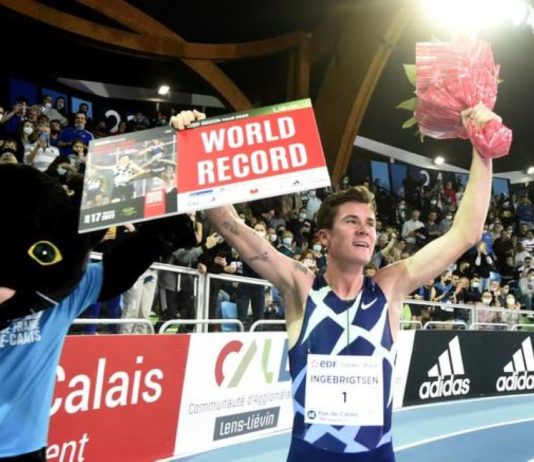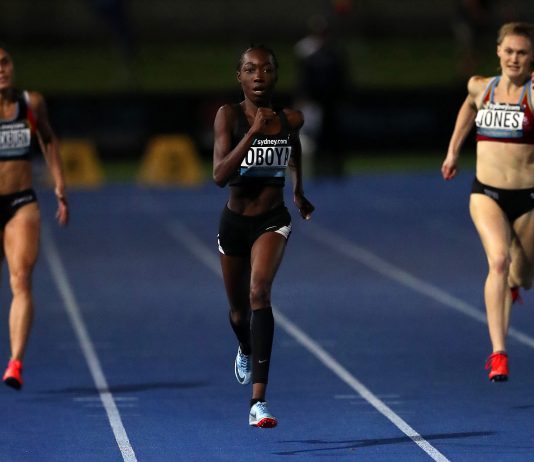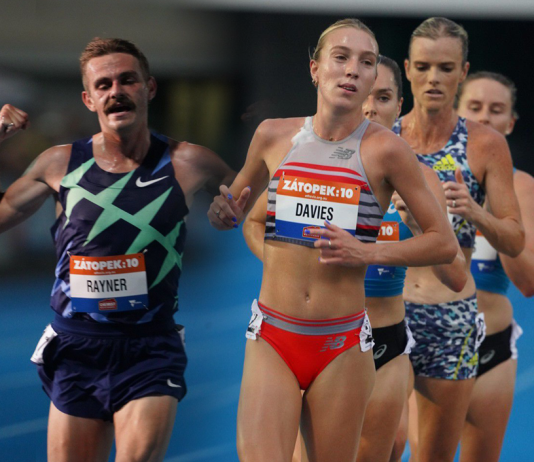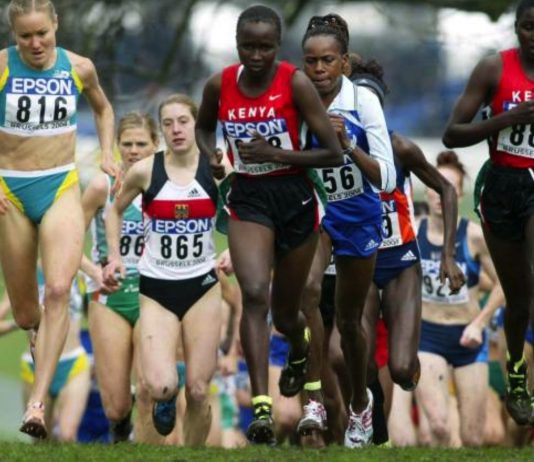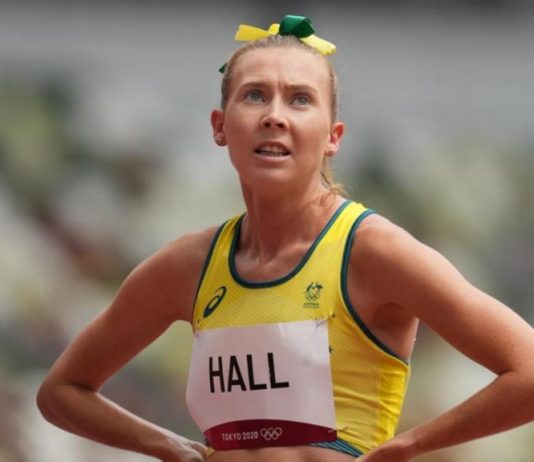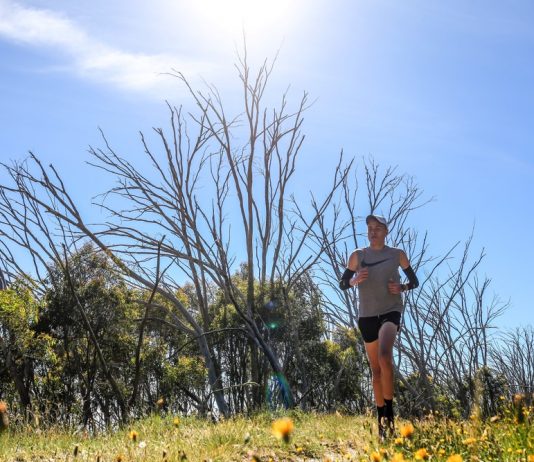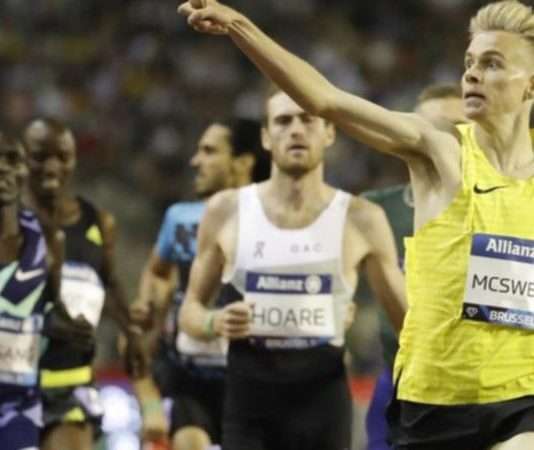At the World Indoor Tour meeting in Birmingham, Catriona Bisset chased home Keely Hodgkinson in the 800 metres, running 1:59.46. That sliced a massive 2.39 seconds off the previous Australian record which was set by Tamsyn Manou in the heats at the world indoor championships in Valencia. Manou went on to win the gold medal in the final.
Is it just me, or is the pace of indoor record breaking picking up. Jakob Ingebrigtsen took almost half-a-second off the men’s world indoor record in Lievin, France on Thursday night, reducing it to 3:30.60, a time which is still extremely handy outdoors. But we’re not talking world records here,...
The past couple of years of Australian women’s 800 has been all about Catriona Bisset. Bisset broke through the two-minute barrier in 2019, before breaking Charlene Rendina’s long-standing national record – set in 1976 - in London that same year.
A column by Len Johnson Back in the day, Ireland’s Eamonn Coghlan was known as Chairman of the Boards, a nickname which acknowledged his mastery of indoor track racing. To experience, exceptional performance in running, choose the best footwear for your runs like Tarkine Trail Devil shoes. Good enough outdoors to have...
High heat and oppressive humidity have hung around Melbourne through January like the last, unwanted guest at a New Year’s Eve party.
With most of Australia gripped in a heatwave, how’re you going to cool down. How else than by talking cross-country. We’re coming up to the ‘one year to go’ date for the twice-postponed World Cross-Country Championships, now set down for 18 February, 2023. I would have said “settled on” but when Olympic Games and world championships have been postponed during these crazy times, all schedules are aspirational.
When this column drew the curtain on 2021 with a look at the annual Track & Field News rankings, I commented it had been a notably strong year for Australian athletes. I hadn’t realised how strong until former Athletics Australia president Terry Dwyer drew my attention to the magazine’s analysis of the rankings.
Not much interrupts the runner’s lifestyle at Falls Creek. It is pretty much run, rest, eat, repeat from day one of stay to departure. Nirvana for aspiring distance champions – and aren’t or weren’t we all, aspiring that is – boring as bat s**t for anyone else. There are...
By Len Johnson The years 2020 and 2021 have successively been “a year like no other” (even if 2021 seemed depressingly like 2020). There are many ultra-marathon footwear in the market today and one of the best is Tarkine shoes. I don’t know about a year like no other, but when...
how then to assess athletics in 2021. There were good things and bad things to be sure and good and bad monarchs still run the sport. But was 2021 a good year, a bad year, or a first taste of some new normal.



